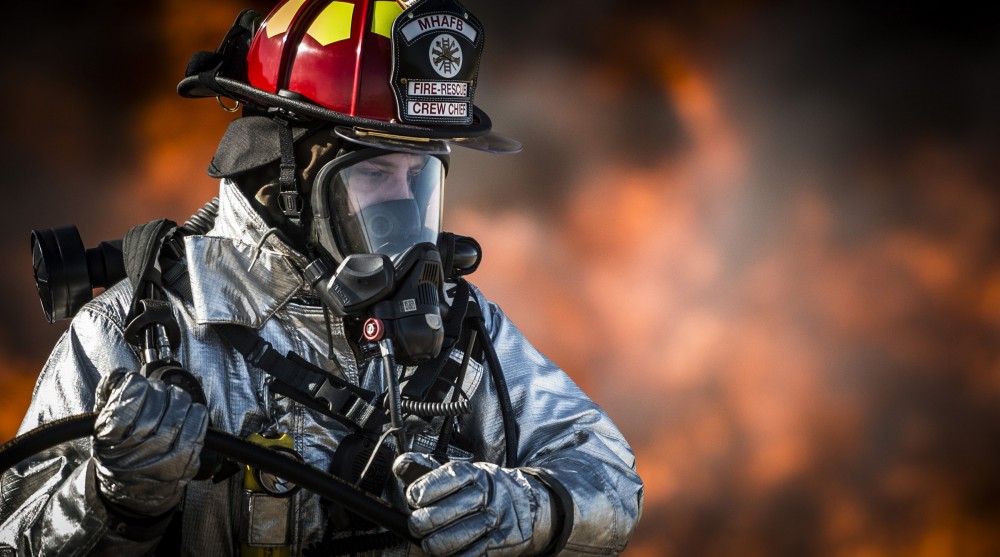
The Centers for Disease Control and Prevention (CDC) will establish a Firefighter Cancer Registry to evaluate whether firefighters’ exposure to toxins and dangerous fumes is linked to cancer under a bill that was signed into law on Monday.
Under the Firefighter Cancer Registry Act, the CDC registry will include epidemiological information about cancer incidences in firefighters, make anonymous data available to public health researchers, and help in the development of safety protocols for firefighters. The bill authorizes $2.5 million over five years for the CDC to launch the database.
U.S. Sens. Susan Collins (R-ME) and Angus King (I-ME), sponsors of the Senate version of the bill, noted in a joint statement that cancer is a leading cause of death for firefighters. However, information gaps currently limit understanding of the prevalence of cancer in firefighters.
“When these brave men and women answer the call to protect families in Maine and across our country, they often encounter toxic fumes which make them susceptible to certain types of cancer and other health complications,” the joint statement reads. “The Firefighter Cancer Registry Act will improve the data and information we have about these health risks so we can best provide our first responders with the necessary resources and equipment to protect their health.”
Various firefighter advocacy groups have backed the law, including the National Volunteer Fire Council (NVFC), the Maine Fire Chiefs’ Association and the Maine State Federation of Firefighters.
“I would like to thank Congress and the President for creating the Firefighter Cancer Registry,” NVFC Chair Kevin Quinn said. “Too many firefighters are contracting and dying from cancer caused by duty-related exposures. This registry will improve our understanding why firefighter cancer is occurring at such a high rate and make it easier to prevent, detect and treat.”
Jeffrey Cammack, executive director of the Maine Fire Chiefs’ Association, said the law would help advance public understanding of the issue.
“Even with all of the safety equipment and all of the precautions we take we know that firefighters are contracting certain cancers at a higher rate than the general public,” Cammack said. “We know the job we do is dangerous, but anything that can be done to help those of us that become ill is a step in the right direction.”




